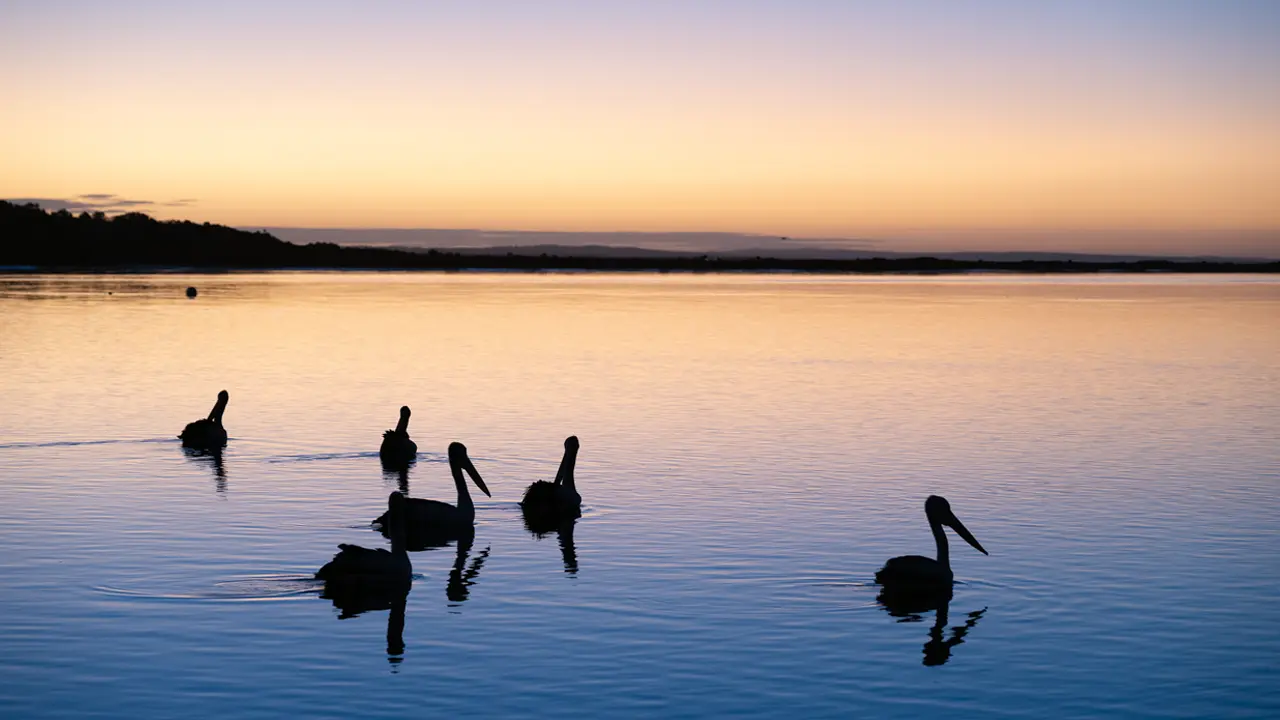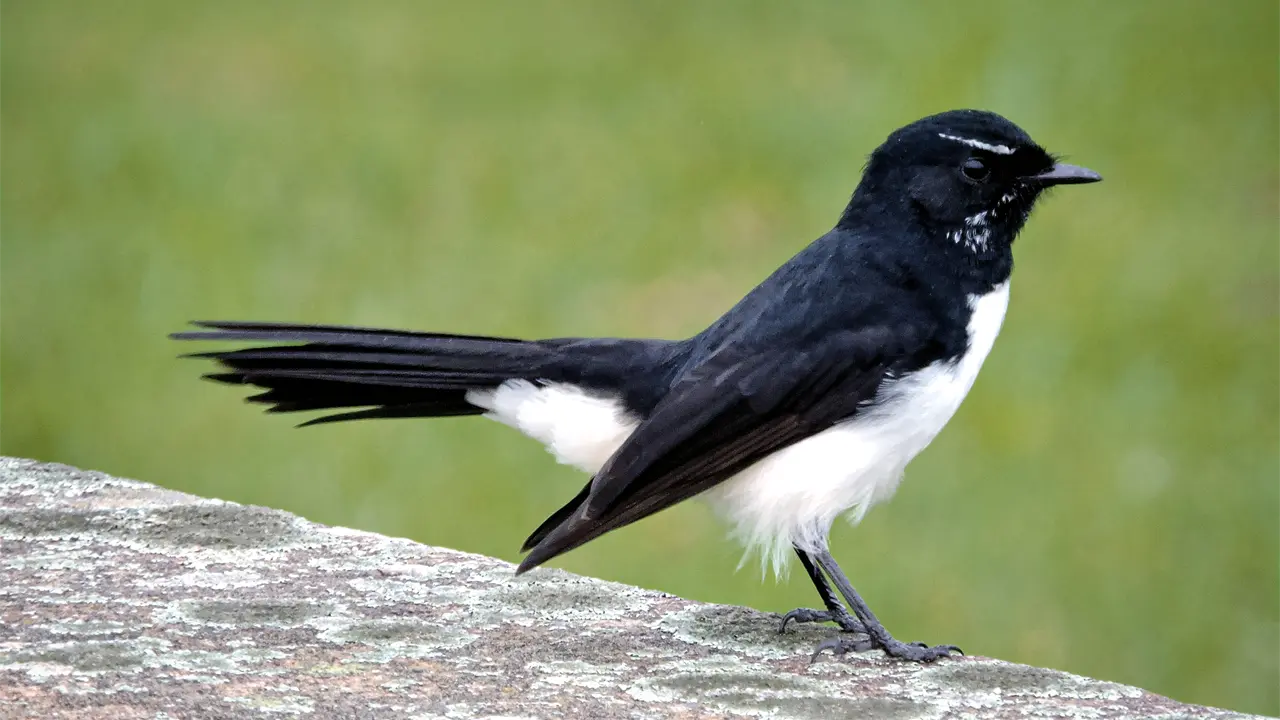The growing acceptance of biofuels in Australia provides golden opportunities for farmers to be part of a world energy revolution.
Story By Ian Glover
Victoria's western Wimmera is a land of undulating plains and long, straight stretches of road punctuated by the shimmering, cigar-like shapes of wheat silos. Sandwiched between the sand and scrub of the Little Desert and the rollercoaster residual dunes of the Big Desert, the area’s loamy soils and an abundance of artesian water make it a rich cornucopia though, for most people, sleepy towns like Dimboola, Nhill and Kaniva are merely places to top up the tank on the way through to Bordertown and, eventually, Adelaide. For Steven Hobbs, Kaniva is home. On the face of it, Steven is a typical farmer, growing a variety of crops including cereals, legumes and oilseeds, and raising Merinos and prime lambs on land that’s been in his family for four generations. But there’s one big difference between Steven and most farmers: he makes his own diesel from canola and mustard seed.
The manufacture of biofuels – fuels made from plant material – is probably the world’s most rapidly growing industry. It’s touted as a way to extend dwindling fossil-fuel reserves and as a means of reducing greenhouse gases because plants absorb carbon dioxide and so are carbon neutral. Most of the fuel sources (called ‘biomass’) are pretty conventional, such as wheat, canola and corn, and require reasonable soil quality. However, a great deal of experimentation is going on with alternatives that could be grown on the flat, scrubby plains of western New South Wales and Queensland, potentially earning landholders more than they can make grazing sheep and cattle, which need multiple hectares to the head. While in Europe biofuels have been accepted and manufactured for many years, in Australia biofuels were generally regarded as the province of scientific fringe-dwellers: hopeless romantics whose alternative dreams would never be realised. Now that’s all changing, scarcely a day goes by without a new development that brings those dreams closer to reality. It’s not all smooth sailing for biofuels, however; there are some very contentious issues to be resolved. Some argue that biofuels cause more damage to the environment because they require fertiliser and irrigation; others argue that the wrong material is being used. And the controversy can only get hotter.
This story excerpt is from Issue #58
Outback Magazine: Apr/May 2008









